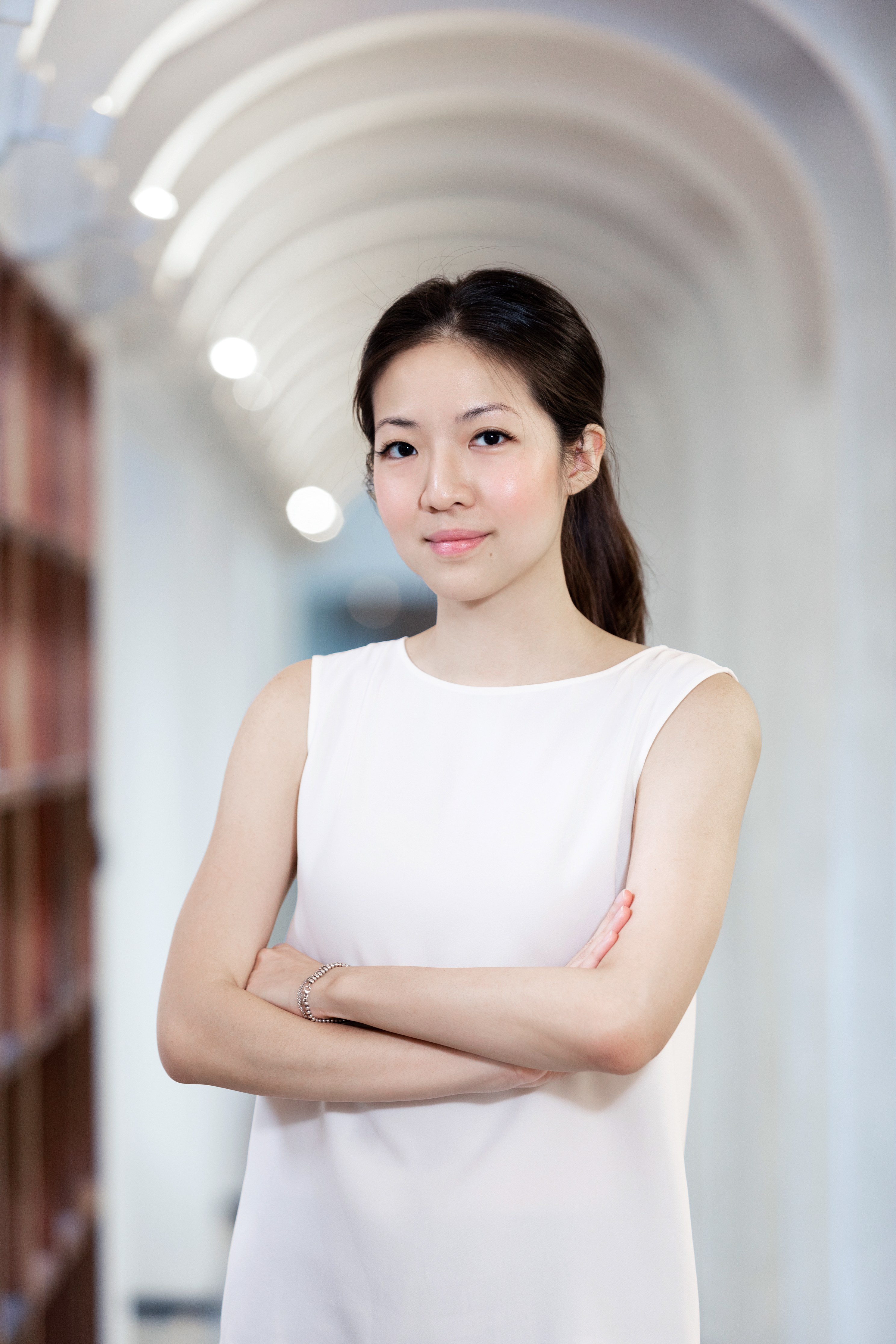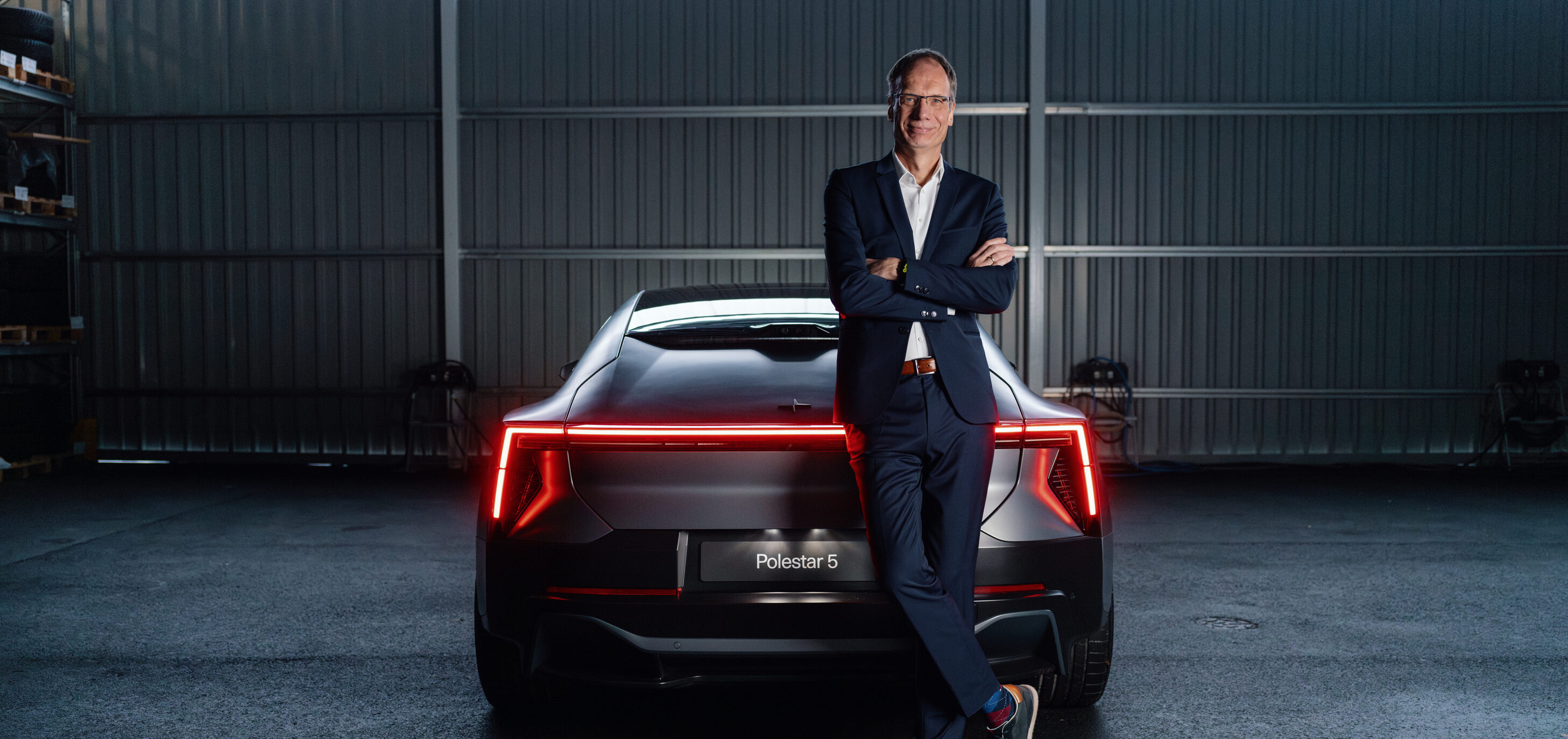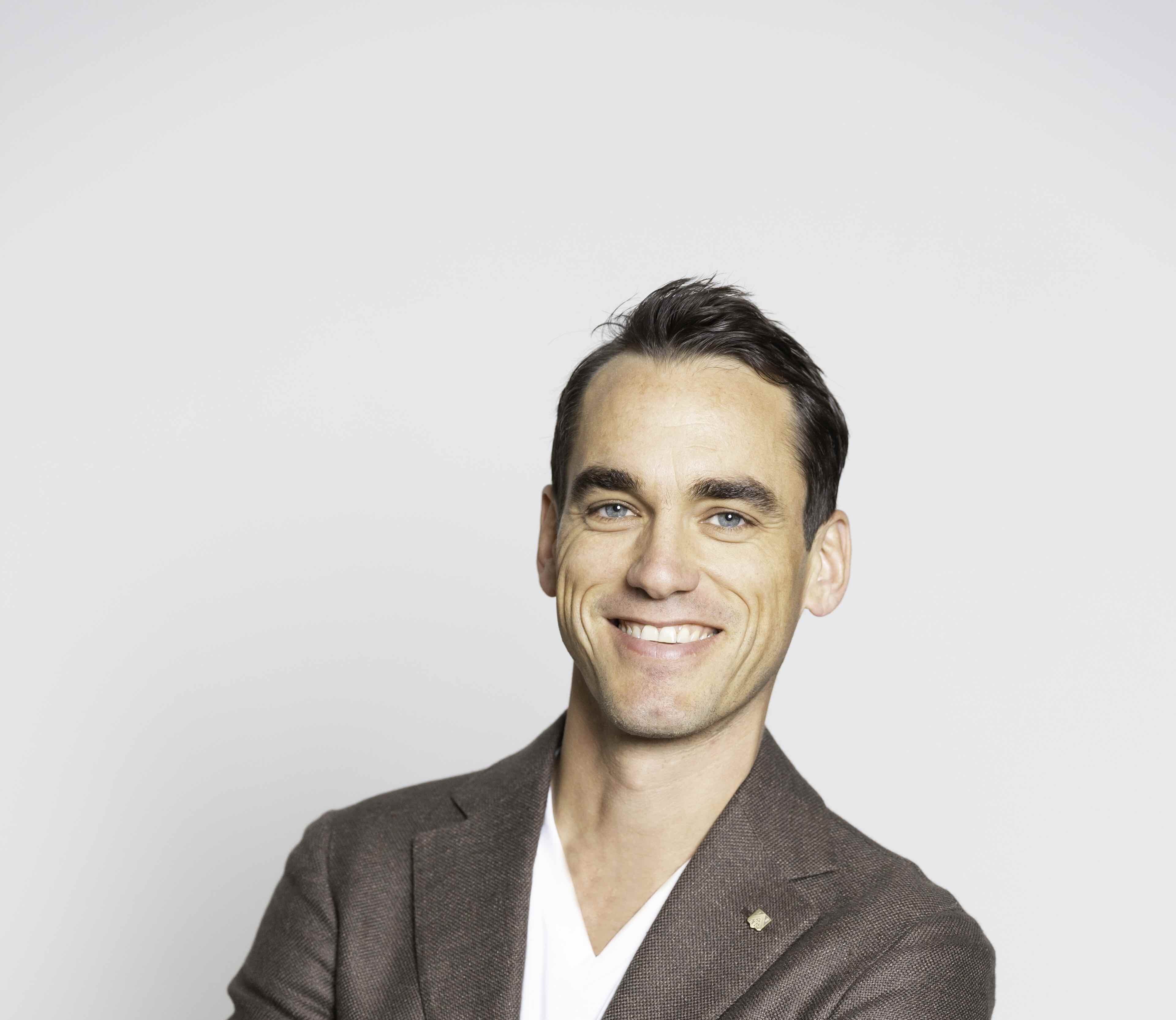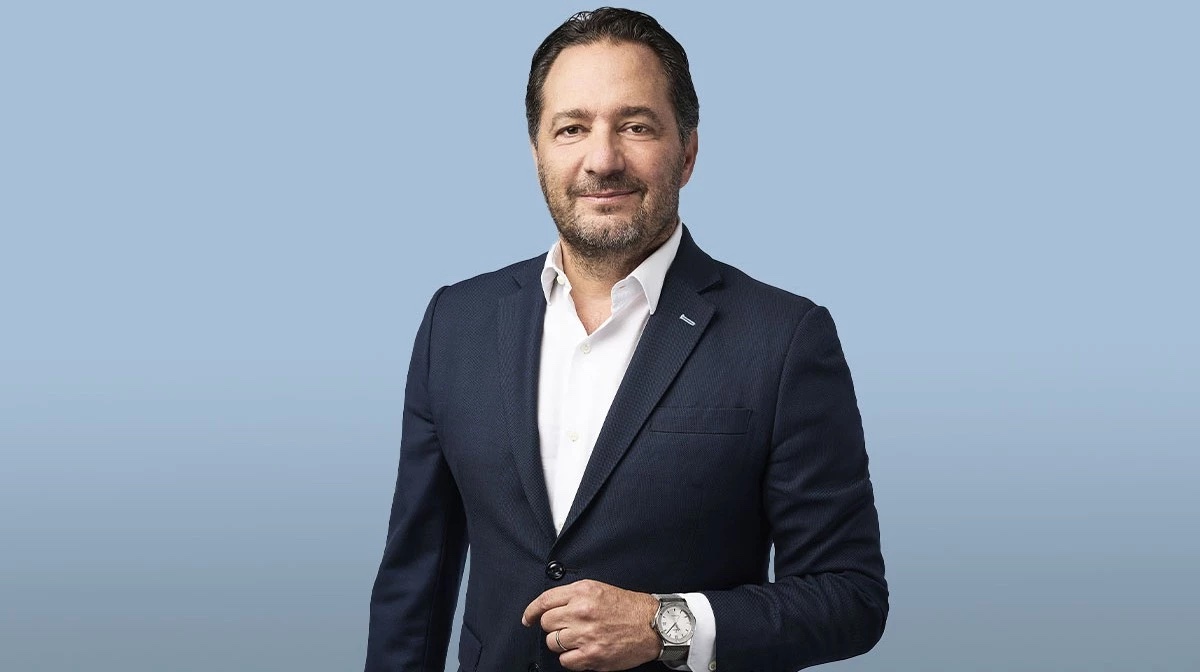Consistently named as one of the best luxury brands when it comes to developing a comprehensive omnichannel experience for consumers, Bulgari is making further inroads into Chinese e-commerce, shares CEO Jean-Christophe Babin at the launch of its Octo Grande Sonnerie Perpetual Calendar in Shanghai.


Image courtesy of Bulgari.
How would you describe Bulgari’s positioning in China?
We have the chance to have a great reputation in China. We are considered by the top Chinese experts in jewellery and watches as probably the best brand when it comes to jewellery watches, and jewellery. So obviously we’re trying as much as we can to tailor our watches to Chinese tastes. For both the Serpenti and Lucea collections, we try to come up with ideas – dials, colours, and materials – that resonate emotionally with the Chinese. As such, I’m very glad that we are already able to introduce the big novelty for Chinese New Year 2019, the Lucea Tubogas Special Edition, at this event in Shanghai.
How are Chinese consumers different from Bulgari’s clientele elsewhere in the world and what is the brand doing to cater to this group of customers?
The Chinese really like – and this comes from culture and tradition – beauty. Product wise, we see this in jewellery, and especially high jewellery and bespoke products. These are rich not only in craftsmanship but in history as well. This is why we invest so much time in China, bringing Chinese clients into the brand universe – and it is an amazing journey and story – rather than only showcasing the product. The Chinese are interested in both the history of craftsmanship, and the substance behind the brand.
We also have Alipay in virtually all our stores worldwide. WeChat is something which is integrated in virtually all Chinese essentials. A lot of our staff is Chinese speaking, so whether in the United States, Australia or Europe, our Chinese clients are not only be able to pay with Chinese tools, they are also able to relate to the brand through someone that – hopefully – speaks perfect Mandarin. So we try as much as possible to be close to our Chinese clients, whether in Mainland China or when they are travelling overseas.
Bulgari is a huge proponent of the omnichannel experience. How is this manifested in China?
We’ve built an omnichannel journey with multiple touch points for our Chinese clients. This consists of a mix of digital experiences as well as traditional retail. The fact that we have two hotels in China also adds to the entire brand experience for those living in China. These hotels are kind of the ultimate temple of the Bulgari brand experience. These are complemented by our offline boutiques and of course, e-commerce. China is one of the first countries where we’ve introduced e-commerce. Not only can customers purchase Bulgari products online through WeChat, they are also able to shortlist products that are to their liking and then make an offline appointment in the boutique closest to them to understand more about the product. So we’ve really built a fully integrated, smooth, and irresistible omnichannel journey in China.
What are Bulgari’s e-commerce priorities in China right now?
Well, you know, for us it’s just the beginning because we started e-commerce on WeChat about six months ago, and on the .com .china model eight months ago. So I think that the priority right now is to inform Chinese clients that they can also buy Bulgari online. And we believe that in the future this will be really part of the brand experience, and that a substantial amount of ourselves will be online – also because Bulgari only has a presence in 22 Chinese cities today. And our clients are coming from more than 120 Chinese cities. We also want to foster a clientele coming from cities in which we do not have a store to represent the brand yet.
Previously, you mentioned that platforms like JD.com and Tmall are inconsistent with the brand image and not suitable environments for Bulgari to retail their watches and jewellery on. Has the launch of Toplife and Luxury Pavilion changed that opinion?
Aside from the issue of perception, having only recently introduced our own e-commerce platform and WeChat store, the company priority is really to develop a direct relationship with the client. I think that as a jeweller with a history of over 135 years, it is important to interact with the client directly. So we hope to develop the company without delegating that interface with the client, as we believe that this helps to create a stronger relationship. But you can never say never. However at this stage, and probably for the next few years, we’ll try as much as we can to develop organically.
Luxury brands around the world have been trying to adapt their marketing strategies and product lines to millennials. What are your thoughts on this?
You know, it depends very much on the categories. If we are talking about fragrances – Bulgari is also a major luxury fragrance player – we have products that are directed more towards to millennials. The Omnia Pink Sapphire we’ve introduced is a good example of this. Not only in the message that is conveyed by the product, but also in terms of the product essence itself. The top notes of this perfume have been developed specifically to resonate with millennials. On the other hand, fragrances like Goldea are designed for ladies in their 30s in terms of formulation. These targeted messages are rather typical when it comes to perfumes and cosmetics.

But jewellery, and high jewellery especially, is a different story altogether. As it is meant to be timeless, brands probably shouldn’t deviate from their style, because that style is their reason for being. It is reflective of the brand’s DNA. Because jewellery is timeless – but this doesn’t mean it is not innovative – pieces obviously won’t be adjusted to millennials. Because people who buy these pieces will keep them for their kids. It would make little sense to focus on the first few years of ownership at the expense of the owner’s personal evolution in the years after that.










